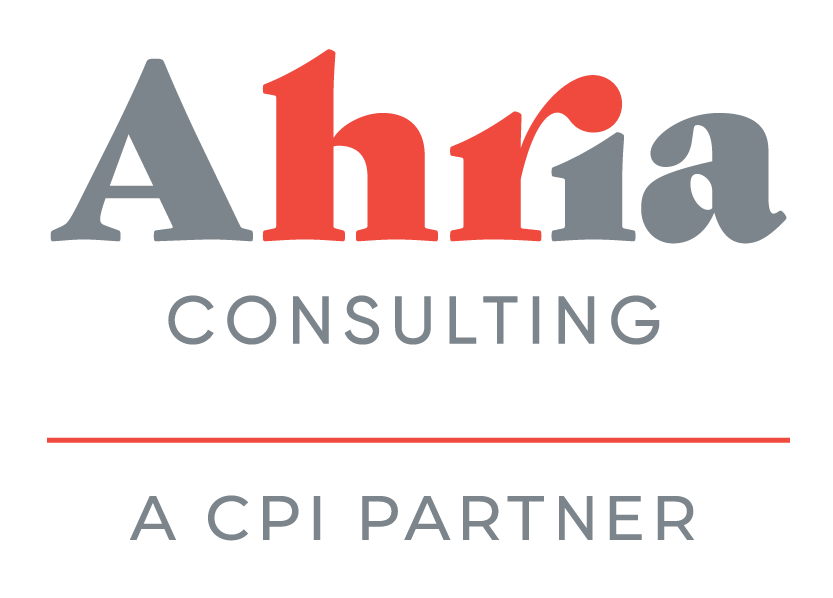Could ketamine therapy be the next big mental health benefit?
Those who follow the latest developments in mental health might know that ketamine has been getting a lot of attention lately the ― the boutique dissociative party drug has been found to be a particularly useful medication against treatment-resistant depression.
But another group has also latched onto ketamine therapy: burned out professionals looking to reset their work-life balance.
Ketamine is “gaining popularity as a way to maximize professional performance, in a trend similar to Silicon Valley’s embrace several years ago of microdosing LSD,” reads a recent Bloomberg News report. “The participants are largely midcareer professionals ― a nonprofit director, a chemist, an executive coach, a midwife ― engaging in their first psychedelic experience.”
Among the most fervent adoptees have been those in high-stress finance positions. “We see a lot of Wall Street traders,” Jeff Ditzell, who operates a psychiatry centre in Manhattan, told the New York Post. “You could say they’re coming in droves. It’s a high-stress job and these humans are performance-driven.”
Ketamine clinics have started spreading, both in the U.S. and here in Canada, responding to growing demand. For the most part, ketamine therapy remains costly when paid out of pocket (a full course of treatment runs around $4,700 here) and hard to access. There are many who hope that might change. And for companies concerned about employee wellness, there are upsides to ketamine therapy that are starting to garner attention: it’s effective and, compared to covering ongoing costs, relatively inexpensive.
“There has been an explosion of innovative mental health benefits providers, but when you look at the data, the effectiveness of meditation apps and talk therapy is limited compared to the results we’re seeing with ketamine therapy,” said Shane Metcalf, founder of 15Five, a tech company that offers ketamine therapy as a benefit to its employees.
He conceded that it is still likely to remain a unique benefit, though. “While the sweet spot is to find a program like ketamine therapy that is evidence-based, highly effective and extremely inexpensive, it’s still a relatively new benefit. There may not yet be enough awareness around the affordability and efficacy of these offerings.”
Content written by Kieran Delamont for Worklife, a partnership between Ahria Consulting and London Inc. To view this content in newsletter form, click here.
